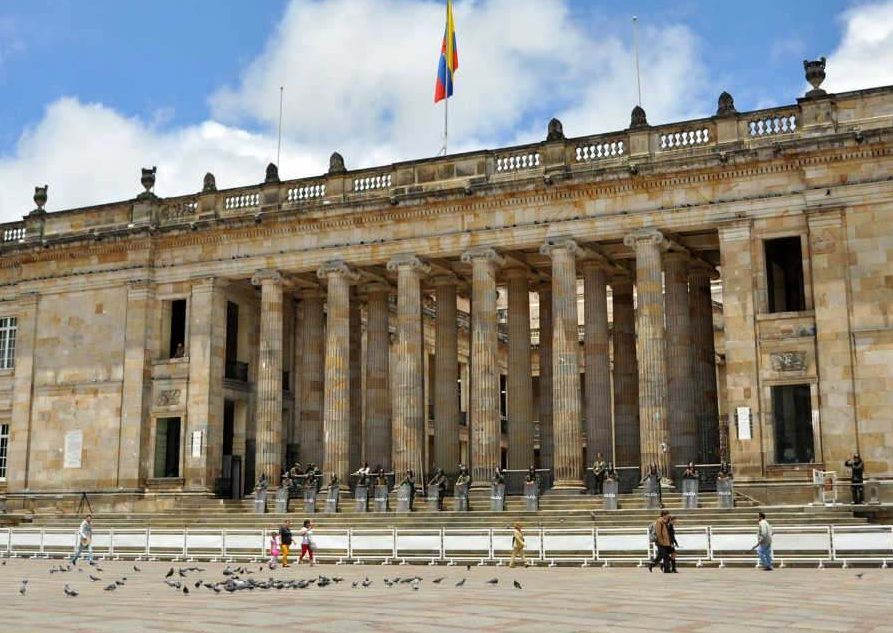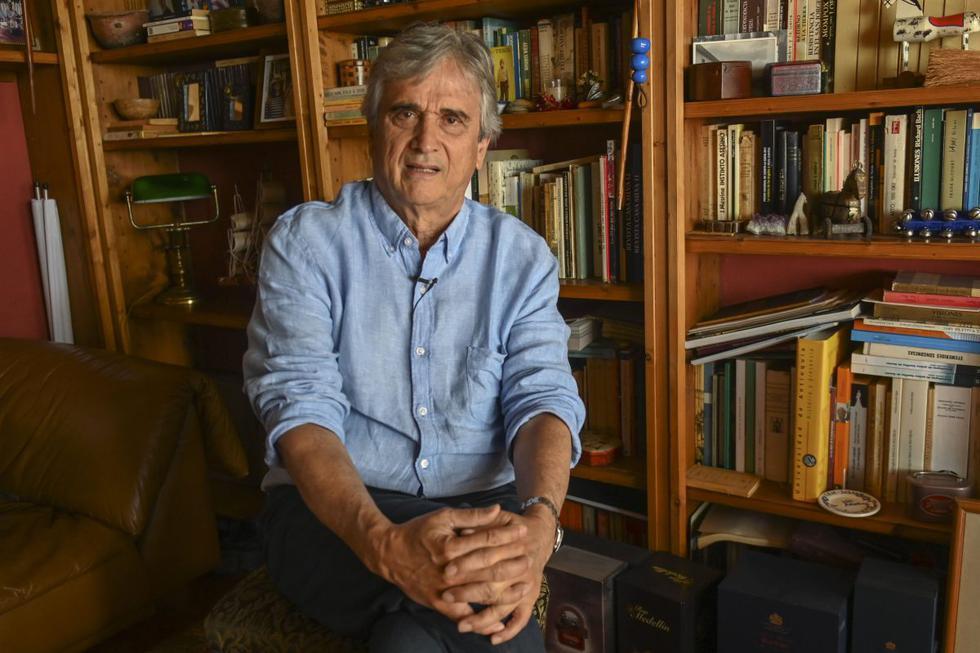22nd April 2021
Colombia’s groundbreaking Bill to legalise and regulate the supply chain for coca leaf and its derivatives, including cocaine, has passed its first parliamentary hurdle, winning strong backing in the Colombian Senate at its first (committee stage) vote. The Bill now progresses to a debate and 2nd vote in the full Senate
The Bill proposes strictly regulated coca leaf production in existing production areas with a strong emphasis on sustainable development and supporting marginalised and indigenous communities involved in coca production. Regarding the retail market the Bill proposes a three tiered system (informed by Transform’s 2020 book on stimulant regulation);
A lightly regulated commercial market (more like coffee) for coca leaf and coca leaf products
A strictly regulated market for cocaine - with rationed sales to licensed consumers via Government-licensed pharmacy-style outlets
A non criminalised, harm reduction approach for people who use crack cocaine - but no retail sales

coca tea / mock up legal cocaine packaging (Transform 2020)
The Bill was debated in the Senate committee (consisting of 22 senators - with 20 present) last week and again this week. It won a first procedural vote allowing the debate to happen with 15 senators in favor and 5 against. The debate itself led to some amendments. Among them; the possibility that any interested person could grow coca within the designated areas (in the original proposal only indigenous communities and those already living in those areas were allowed to grow), the inclusion of communities of African descent as a priority population, and the elimination of any reference to gender, and the Peace Agreement. Letting external actors grow coca plants in designated areas would make the proposed regulation easier to enforce, but also risks reducing the benefits for historically impacted communities (it is unclear whether it would include corporate actors). There was a concern that the cocaine regulation part of the Bill could be sacrificed; the thinking being that a Bill focusing on coca-leaf regulation alone might have a better chance of being passed into law. But in the end this did not happen. The final committee vote on the amended Bill passed unanimously by 12-0 (those opposed to the Bill left the room attempting, unsuccessfully, to ensure there would not be enough Senators to hold a vote).
What happens next?
In reality the Bill is highly unlikely to win its second vote in the Senate and progress to the Lower House, and the 3rd and 4th votes needed to pass into law. It is an opposition Bill that does not have support from either the Government or its coalition parties, who have been retreating to militarised drug war positions of the past, including pushing to reinstate the aerial coca spraying programs that have proved such a costly failure in past decades. The Government’s more hardline enforcement and eradication approach - despite threatening an already fragile peace process - has had support from the US, whom, despite signs of more enlightened thinking elsewhere, have moved less on supply side drug controls. In this context it seems that even a coca-leaf only regulation Bill would have been unlikely to succeed. As such it is positive to see the core principles and more politically challenging proposals for a regulated cocaine market - progressing to get an airing in a full senate debate for the first time.
The timing of the full senate debate is yet to be announced - it will be a minimum of two weeks from now, but in all likelihood sometime longer as it is determined by the president of the senate who is part of the Government.

How significant is this?
Even though the Bill is unlikely to pass this time around it is hard to overstate the political significance of winning its first debate and vote, and the importance of now progressing to a full Senate debate and second vote. The simple fact that a credible and pragmatic plan to regulate the market for coca and cocaine in Colombia has not only reached the Senate floor, but achieved substantial political and public support is a historic and groundbreaking moment for Colombian, and indeed global drug law reform.
Senator Ivan Marulanda, who has lead on the Bill, told Transform: “This represents a radical change in the policy against the war on drugs that during the past 50 years has only left death, suffering, corruption, and destruction of the social fabric"

In practical terms it serves to help normalise the discussion around responsible regulation of drugs (other than cannabis) within the mainstream political debate; in Colombia, In Latin America, and the wider world. It makes meaningful public engagement and advocacy on this issue much easier when the debate is playing out in high-profile real world political forums and international media (such as the LA Times, Washington Post, Vice, El Espectador etc.), not just theoretical debates amongst reform advocates. Moreover, for the first time, it offers a concrete alternative to the current approach favored by the Government. This will help frame the debate not only in terms of support or opposition to the war on drugs but in terms of two competing policy proposals that politicians and citizens can choose from.
When the proposals, or an evolved iteration of them, return to the Colombian parliament in the future, as they inevitably will under this or a subsequent government, the vision they espouse will seem less alien and threatening. Governments and analysts in North America, Europe and beyond, including UN forums, will also be unable to ignore the possibility of wider regulation. They may not be supportive, yet, but they will have to at least engage seriously with the idea.
The Bill’s task this time around, which it is very much achieving, is to break new ground, seed new thinking and encourage public engagement and dialogue around new approaches to ending the endless war on drugs that has been so catastrophic for Colombia and the world. This is an important and historic step forward.
For more background, read Transform’s interview with Lorenzo Uribe (the Bill’s lead drafter) here.




